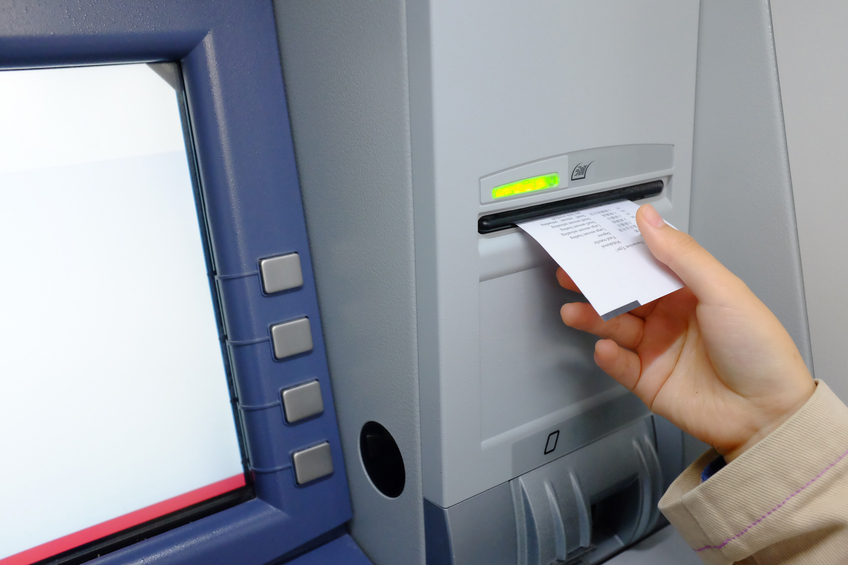
Merchant Surcharge Rules & FAQs
A surcharge also known as a convenience fee or checkout fee is an additional fee businesses can add to a customer’s bill when they use a credit card as a form of payment. The point of a surcharge is to cover your cost, not make an additional profit. The surcharge can only be made on a CREDIT card transaction, not cash or debit.
There are many different opinions and rules around surcharging, and we want to help you understand how it works, what is required from you, and the legality of a surcharge should you decide to implement this in your business.
Surcharging Facts
- Most states have legalized a surcharge, although there are a few states that under law restrict surcharging.
- The states that restrict surcharging include California, Colorado, Connecticut, Florida, Kansas, Maine, Massachusetts, New York, Oklahoma and, Texas.
- If you live in a state that does allow surcharging, you may only surcharge on a credit card transactions, not on debit cards.
- There are limits to the amount you can surcharge.
- If you are going to surcharge, you are required to disclose the surcharge dollar amount on the receipt, as well as at the point of sale. If you are a retailer you are required to disclose it at the point of sale. If you are an online business you must disclose this on your website.
- Currently California, Florida, and New York are in pursuant of court orders to appeal this law.
Maximum Surcharge Cap
The absolute maximum is 4% but both Visa and MasterCard state that the amount should be NO more than the discount fee or percentage that is charged to your business for accepting that card. Meaning, your business should not be making additional money on the surcharge, a surcharge is meant to cover your cost.
Merchant Surcharge Rules
- The surcharge must be the same for all card brands.
- The surcharge must be no greater than the average discount rate or percentage of the credit card.
- The surcharge may NEVER exceed 4%.
Merchant Surcharge FAQs
Am I required to tell Visa/MasterCard if I am going to surcharge?
Yes. Visa and MasterCard both require that you provide a 30 day written notice that you plan to surcharge. See below on how to contact them.
How do I notify Visa and MasterCard?
- MasterCard: [email protected]
- Visa: https://usa.visa.com/Forms/checkout-fees-form.html
Surcharge Disclosure Rules
Face to Face Transactions: If you are in a retail environment that involves a face to face transaction, you must disclose the surcharge at the point of sale meaning before the customer is charged, as well as on the receipt.
Online/Ecommerce Transactions: Merchants MUST disclose that there will be a surcharge fee and what the amount will be. The fee must be presented on the website before checkout and also needs to be shown on the receipt.
Over the Phone/MOTO Transactions: Merchants MUST disclose their surcharge fee over the phone as well as on the receipt that is either emailed or mailed to the customer. You must disclose the surcharge fee before the customer is charged in addition to the receipt.
If your business is based in one of the states that legally allows for you to surcharge, then the decision is up to you. Provided that you follow the rules and regulations regarding fees and disclosures it is a way to offset the charges you will incur by accepting those cards as payment from your clients. If you currently have a business in a state that does NOT allow surcharging, you can easily check back with Preferred Payments for further updates.
If you have any questions regarding surcharging or updates, feel free to email [email protected] or call 800-935-9309. We are happy to provide more information or help your business get the right software and equipment to surcharge.
Ready to get started?
Get in touch or create an account





